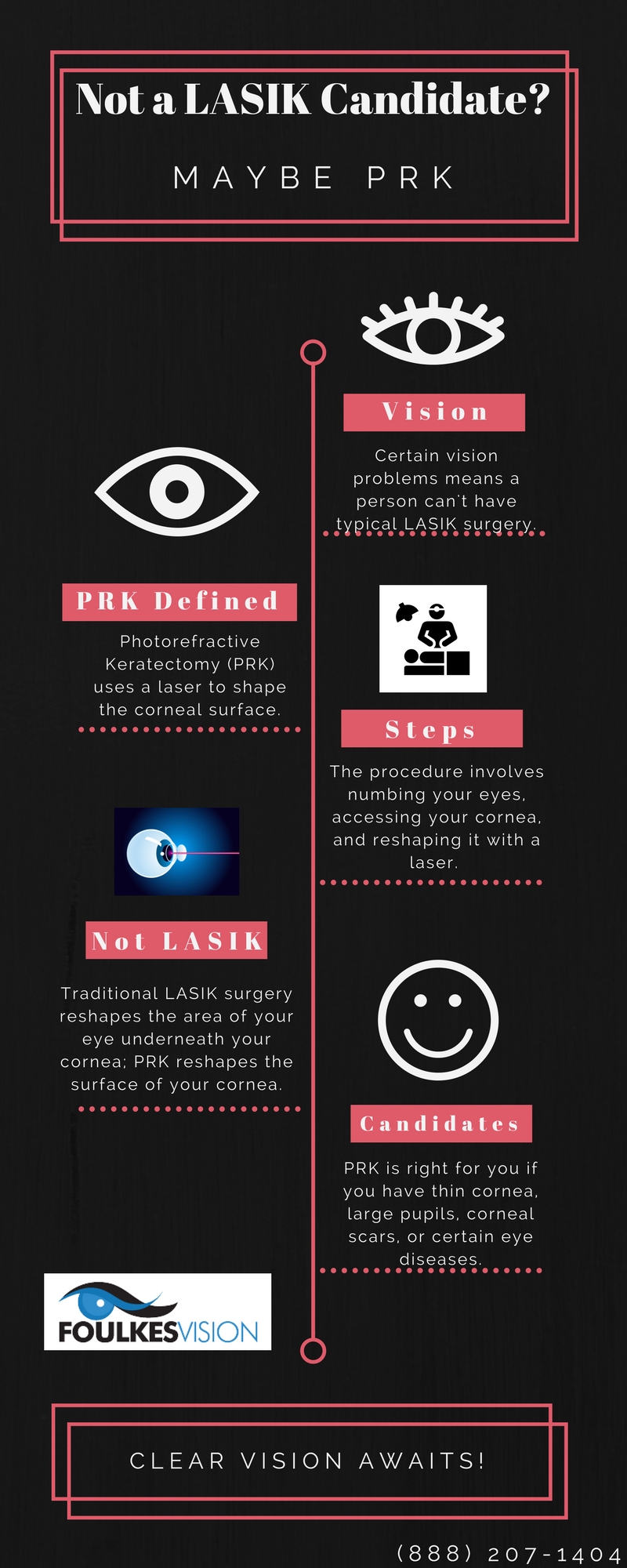Cataract Surgery Prep Work: Tips From Experienced Medical Professionals
Cataract Surgery Prep Work: Tips From Experienced Medical Professionals
Blog Article
Article Writer-Cantu Holdt
As you plan for your cataract surgical procedure, it's important to heed the guidance of skilled surgeons who have actually assisted plenty of individuals with this process. From comprehending the required pre-operative steps to guaranteeing you are physically ready for the procedure, their insights can make a considerable difference in your medical journey. By making the effort to pick up from their experience, you can approach your future cataract surgical procedure with self-confidence and a clear understanding of what to anticipate.
Pre-Operative Preparations
Before your cataract surgical procedure, there are a number of important pre-operative prep work to guarantee the treatment goes efficiently. Your doctor will advise you to stop taking certain drugs, particularly blood thinners, before the surgery to lower the risk of bleeding throughout the procedure. In addition, you might need to undergo a series of pre-operative examinations, such as blood work and an ECG, to ensure you're in healthiness for the surgical procedure.
On the day of the surgical procedure, you'll require to arrange for a person to drive you home as your vision may be blurred, and you should not drive instantly after the treatment.
Remember not to consume or consume alcohol anything after midnight the evening before your surgical treatment, unless your doctor instructs or else. It's essential to adhere to all pre-operative instructions supplied by your health care group to guarantee an effective and risk-free cataract surgical procedure experience.
Surgical Procedure Facts
Comprehending the actions associated with cataract surgical procedure can assist minimize any type of anxiousness you might have regarding the procedure.
When you come to the medical facility, you'll be prepped for the procedure by the clinical staff.
The cosmetic surgeon will certainly carry out local anesthesia to numb the eye area and ensure you fit throughout the procedure.
A little cut will be made in your eye to access the clouded lens.
Making use of ultrasound modern technology, the surgeon will break up the cataract and gently suction it out.
As soon as https://www.ophthalmologytimes.com/view/laser-vision-correction-procedures-soar-in-wake-of-covid-19 is gotten rid of, a new artificial lens will certainly be dental implanted in its area.
This intraocular lens will aid bring back clarity to your vision.
The whole surgical treatment normally takes around 15 to half an hour per eye.
After the procedure, you'll be checked for a brief period prior to being allowed to return home.
Most individuals experience improved vision nearly immediately adhering to cataract surgical treatment.
Post-Operative Treatment
Upon completion of your cataract surgery, it's crucial to follow the suggested post-operative care instructions to ensure a smooth healing process. Your cosmetic surgeon will certainly give thorough advice, which typically includes using suggested eye drops to prevent infection and lower swelling.
It's important to prevent massaging or putting pressure on your eyes and to use a safety shield while sleeping to prevent unexpected call. You might experience some moderate pain, irritation, or sensitivity to light, however these symptoms usually diminish within a few days.
It is essential to attend all follow-up appointments so your surgeon can check your development and address any type of concerns immediately. While you may resume light activities soon after surgery, difficult workout and lifting hefty objects need to be avoided for a few weeks.
Verdict
In conclusion, by complying with the pre-operative guidelines, undergoing necessary tests, and preparing in advance, you can assist guarantee a successful cataract surgical procedure experience. Count on the expertise of your health care group and deal with on your own both prior to and after the treatment. With correct preparation and adherence to standards, you can expect boosted vision and a smoother healing procedure.
